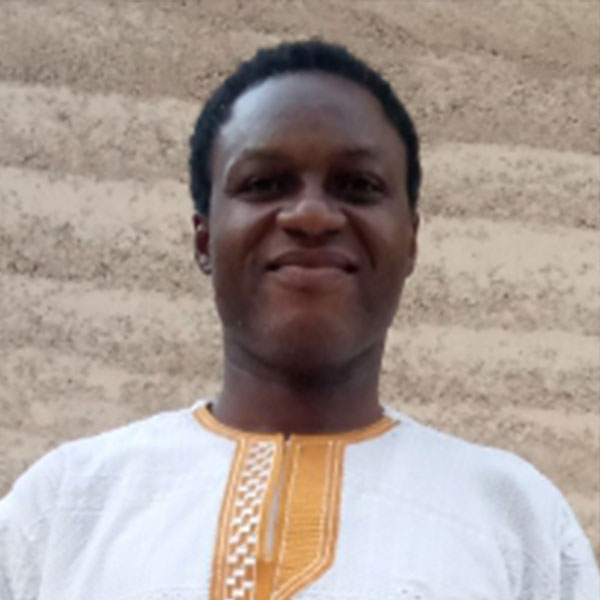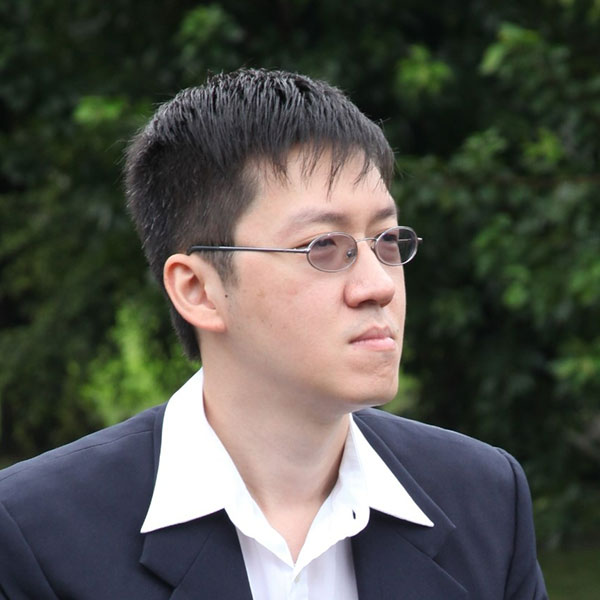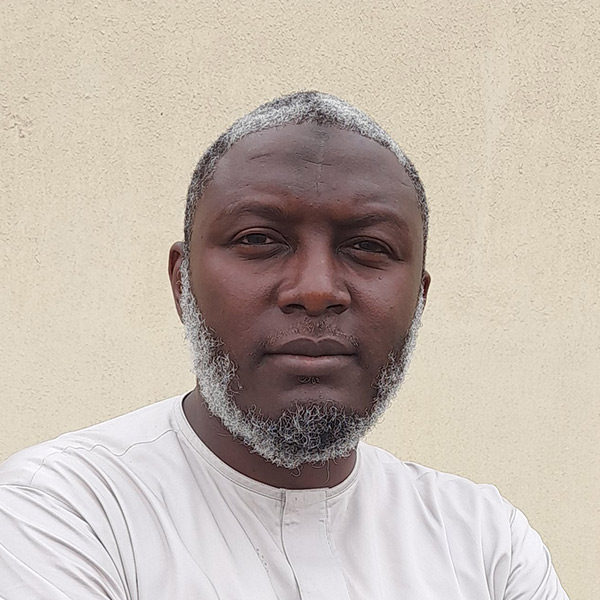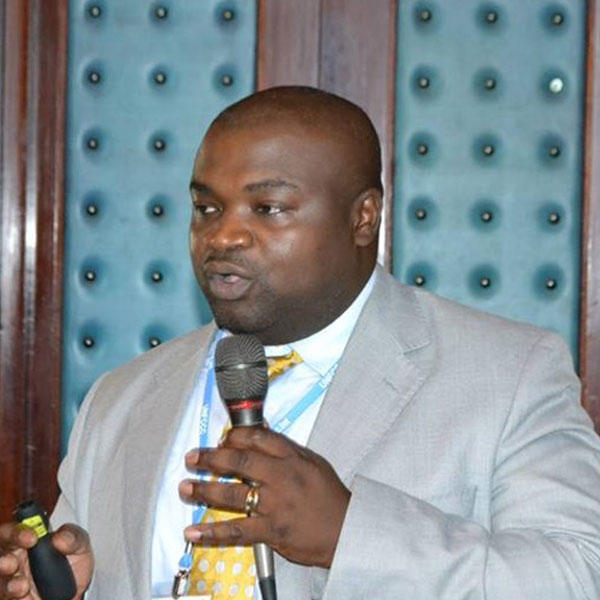Designing for Greater Efficiency (DfGE) | EDGE Green Building Academy
An IFC EDGE course to design resource-efficient, sustainable architecture.
Learn to design and market green buildings using principles of energy-efficient design and eco-friendly construction.
The Demand for Skills in Designing Efficient, Sustainable Buildings and Green Architecture Is Growing Worldwide
The Designing for Greater Efficiency (DfGE) course, developed, curated, and offered by IFC, a member of the World Bank Group, aims to address this need by promoting capacity building related to sustainability in the built environment. This course equips learners with the knowledge to design resource-efficient, eco-friendly buildings, contributing to the building sector’s transition to a low-carbon, net-zero future. By undertaking the DfGE course, students and green building design professionals worldwide can develop the expertise to design buildings with a reduced environmental impact using sustainable construction practices.
Why take the DfGE course?
The DfGE course will improve your climate literacy while teaching you how to design resource-efficient, sustainable buildings that support the built environment’s transition to a low-carbon, eco-friendly future.
This course prepares students and building design professionals across the globe to design green buildings that have a meaningful and measurable reduced impact on their environment. The course covers the fundamentals of energy efficiency and resource efficiency measures in sustainable architecture from both a technical and commercial perspective. Case studies and real-world examples teach learners how to design for eco-friendly building performance and how to market those designs within a green construction and sustainable real estate context.
What does the DfGE course offer?
01Knowledge Building
Conceptualize and integrate green building features across multiple disciplines and sustainable building types.
02Skill Development
Develop critical thinking, quantitative analysis, and green design strategies for eco-friendly architecture.
03Better Communication
Articulate a compelling business case for sustainable building design to diverse stakeholders.
04Efficiency Strategies
Quantify the impact of energy-saving, water-efficient, and low-carbon materials using the EDGE App.
05Mindset Change
Communicate effectively with clients, building owners, green investors, and all stakeholders to promote sustainable construction.
06Develop Expertise
Demonstrate improved resource efficiency measures and their relative cost-benefit implications in green architecture.
What are the DfGE course details?
The DfGE Course is aimed at senior students of architecture, mechanical engineering, civil engineering, and other construction industry-related disciplines, as well as building design professionals and practitioners who wish to improve their climate literacy while learning how to design resource-efficient, sustainable buildings using eco-friendly construction materials and green architecture principles.
To successfully complete this course, it is recommended that the learner must have a working knowledge of database software such as MS Excel, architectural and engineering drawings, and basic mathematics.
Module 1:Green Buildings in Context
- Global impact of buildings
- Resource efficiency – Energy, Water and Carbon
- Calculation of efficiency metrics using EDGE App
Module 2:Form, Skin and Climate
- Bioclimatic Design
- Passive design strategies – orientation, form, sun
- Case Studies
- Presentation techniques
Module 3:Engineering Architecture
- HVAC systems for heating and cooling
- Controls for ventilation
- Best practices in energy efficiency
- Benchmarks and case studies
Module 4:Lighting and Photovoltaics
- Daylighting
- Lighting systems and controls
- Renewable technologies such as photovoltaic panels
Module 5:Water and Materials
- Water efficiency measures
- Efficient options for construction
- Embodied Carbon in materials
Module 6:Making the Business Case
- Client, Developer, and Design Firm’s POV
- Costs and Payback Period
- Financial Resources and Incentives
- Green consulting as a professional service
Module 7: Final Design Exercise
A final design project has to be submitted for evaluation.
Upon successful completion of the DfGE Course, the learner will receive a certificate of course completion from IFC
DfGE Course Collaborators
In Person Course
0 Collaborators
0 Countries
Online Course
0+ Users
0 Countries
Colombia
-

Corporación Universitaria del Caribe
-

Universidad del Norte
-
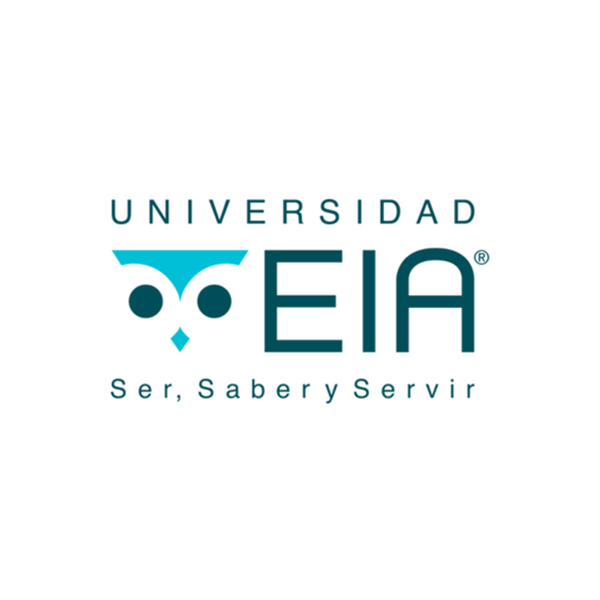
Universidad EIA
-

Universidad Internacional del Trópico Americano
-
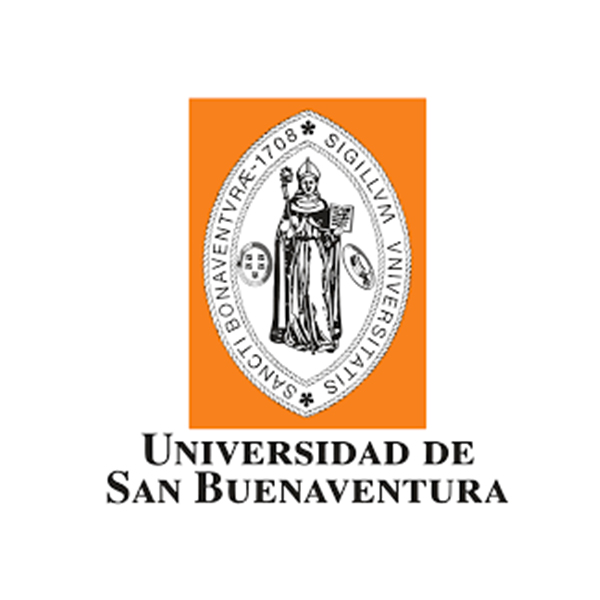
Universidad San Buenaventura
-

Universidad Santo Tomás Bucaramanga
-

Universidad Santo Tomás Bogotá
Ghana
-

Accra Technical University
-

Central University
-
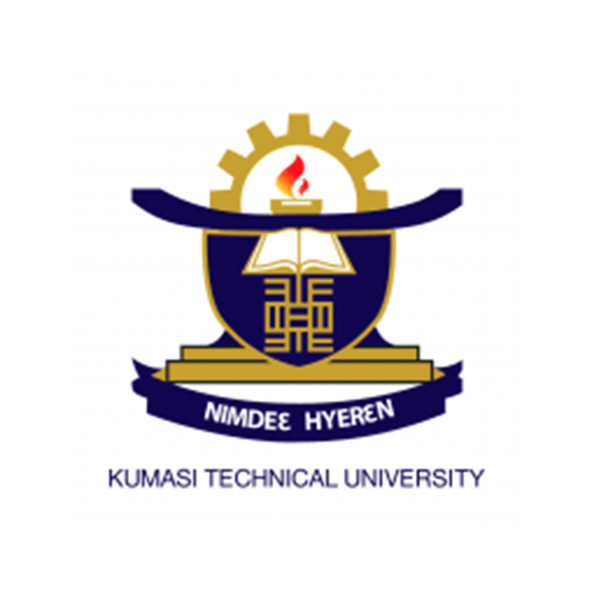
Kumasi Technical University
-

Kwame Nkrumah University of Science and Technology
-

Takoradi Technical University
India
-
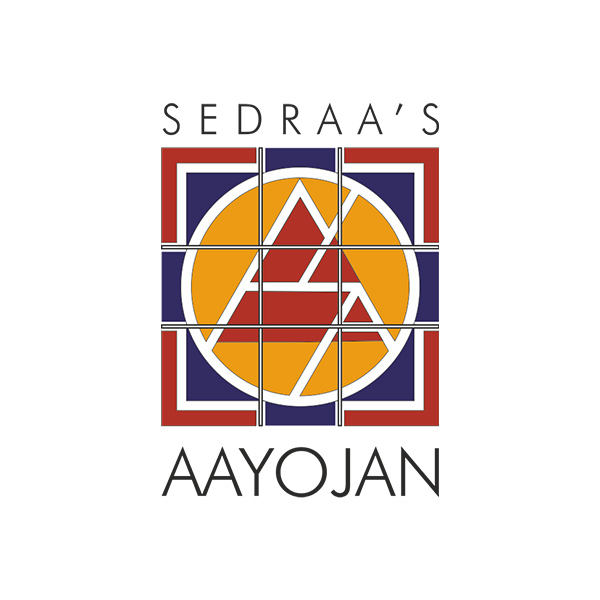
Aayojan School of Architecture and Design
-
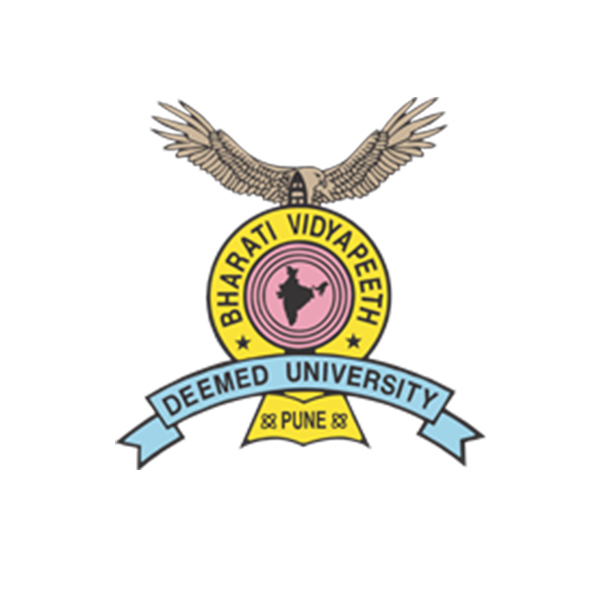
Bharati Vidyapeeth College of Architecture
-
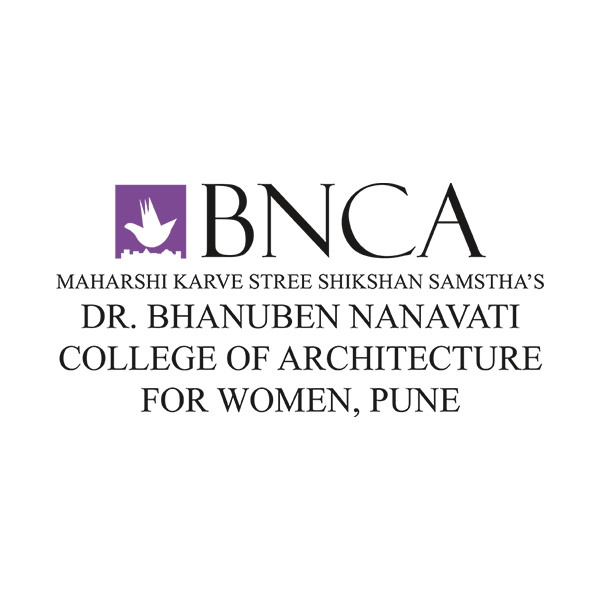
Dr. Bhanuben Nanavati College of Architecture for Women
-
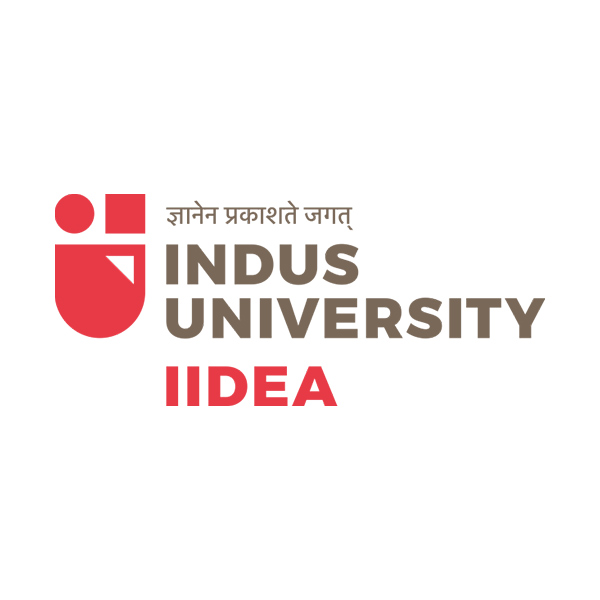
Indus Institute of Design Environment & Architecture, Indus University
-
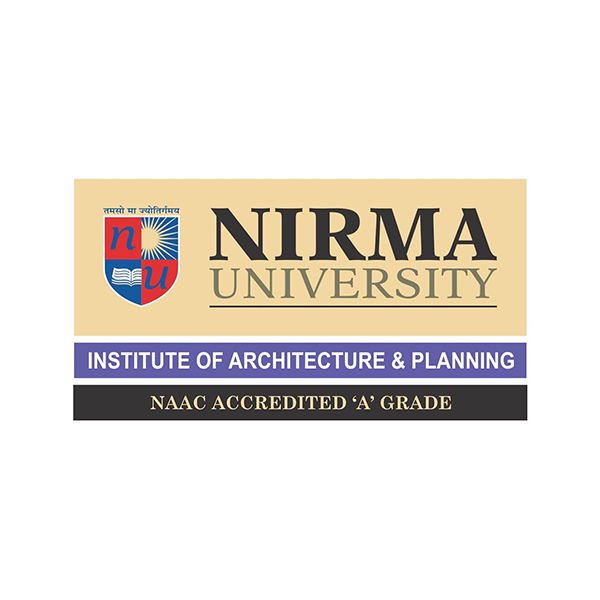
Institute of Architecture & Planning, Nirma University
-

Manipal School of Architecture and Planning, MAHE
-

Marathwada Mitra Mandal’s College of Architecture
-
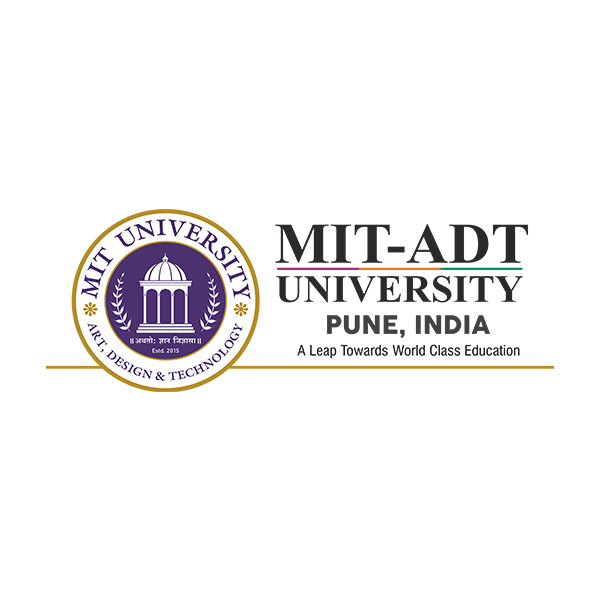
MIT ADT University
-
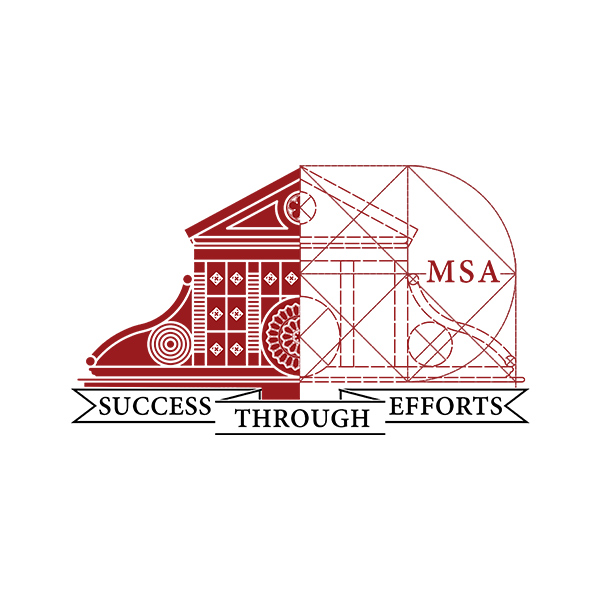
Mysore School of Architecture
-

NITTE Institute of Architecture
-

Priyadarshini Institute of Architecture & Design Studies
-

Sal School of Architecture
-
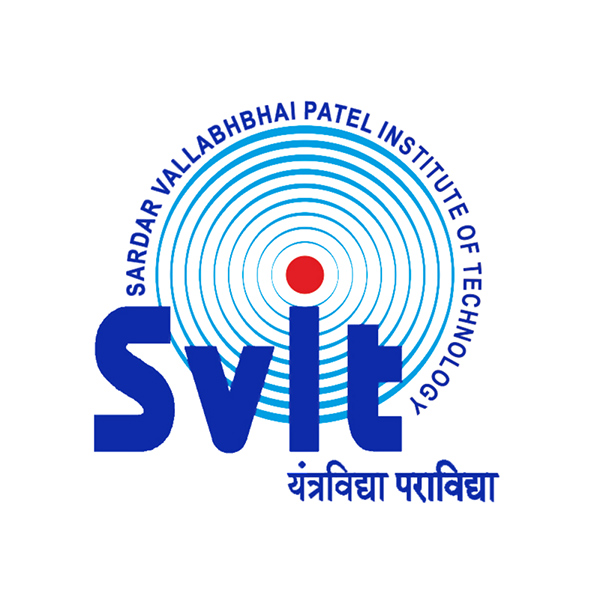
Sardar Vallabhbhai Patel Institute of Technology.jpg
-
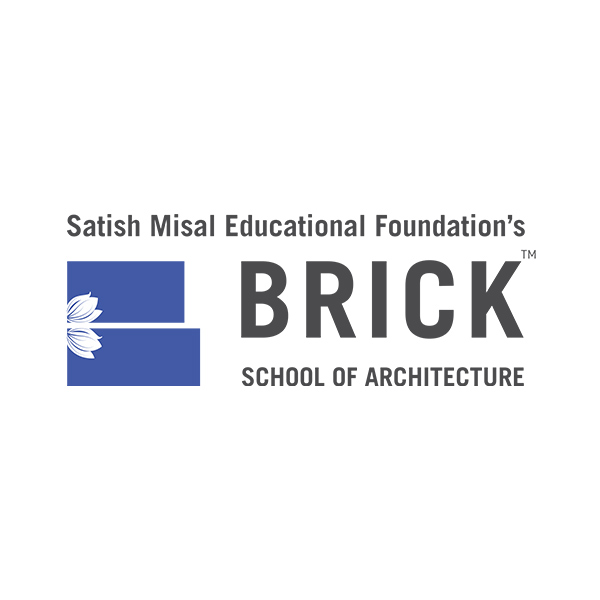
Satish Misal Educational Foundation’s BRICK School of Architecture
-

SEED – APJ Abdul Kalam School of Environmental Design
-
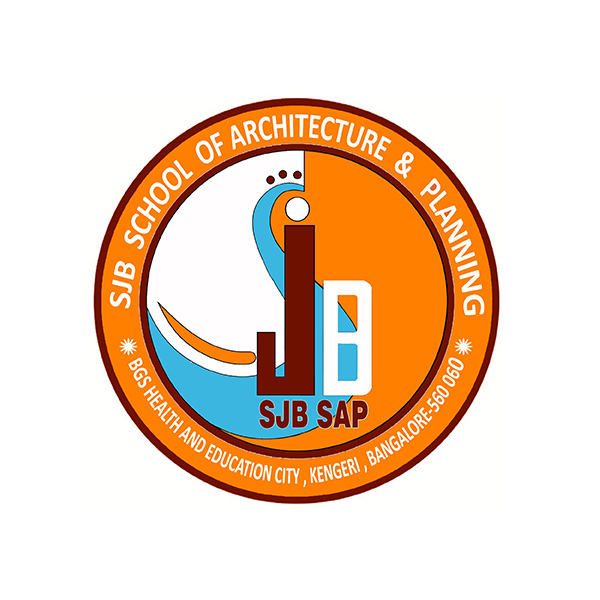
SJB School of Architecture & Planning
-

Sri Sri University
-

Sushant University
-

Symbiosis Skills and Professional University
-
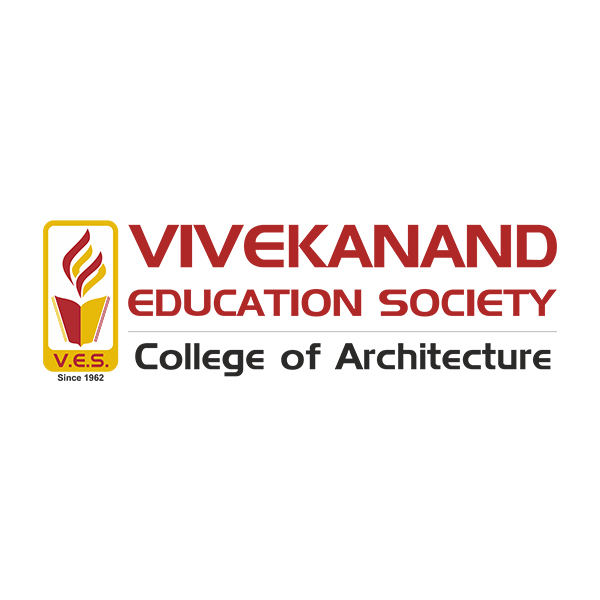
Vivekanand Education Society’s College of Architecture
Indonesia
-

Ikatan Arsitek Indonesia Daerah Istimewa Yogyakarta
-
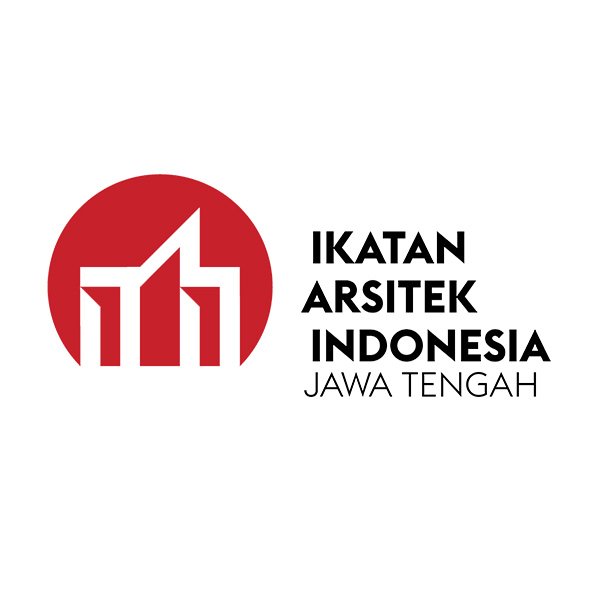
Ikatan Arsitek Indonesia Jawa Tengah
-
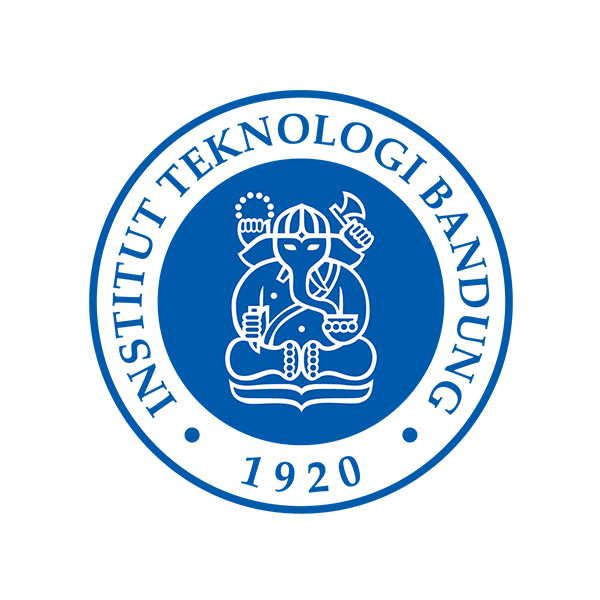
Institut Teknologi Bandung
-
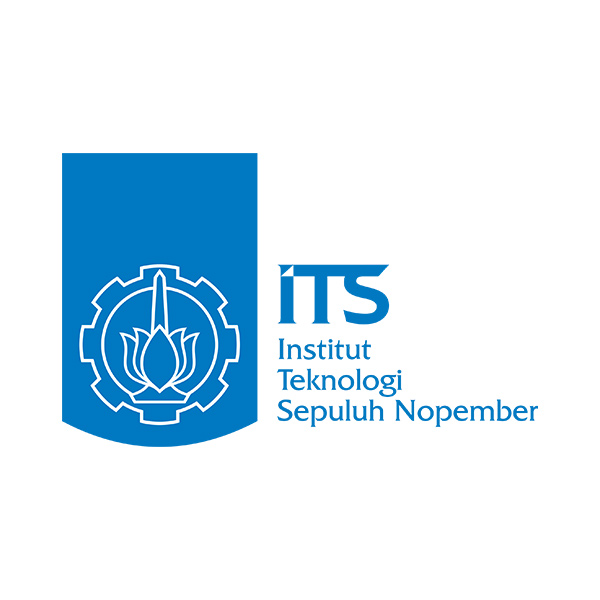
Institut Teknologi Sepuluh Nopember
-
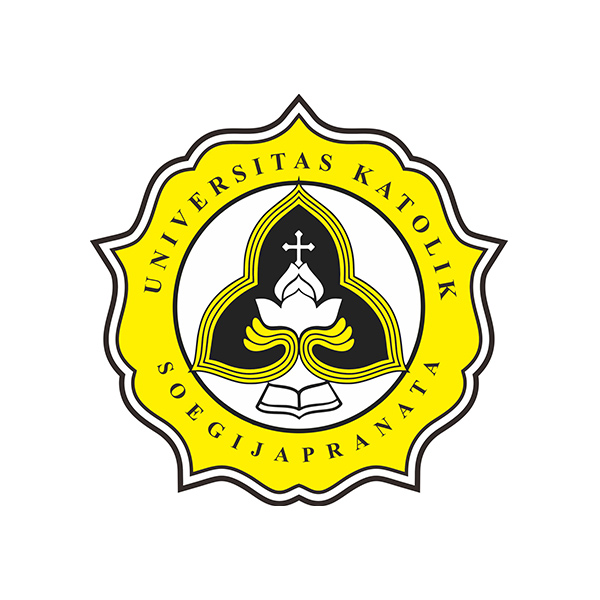
UNIKA Soegijapranata
-
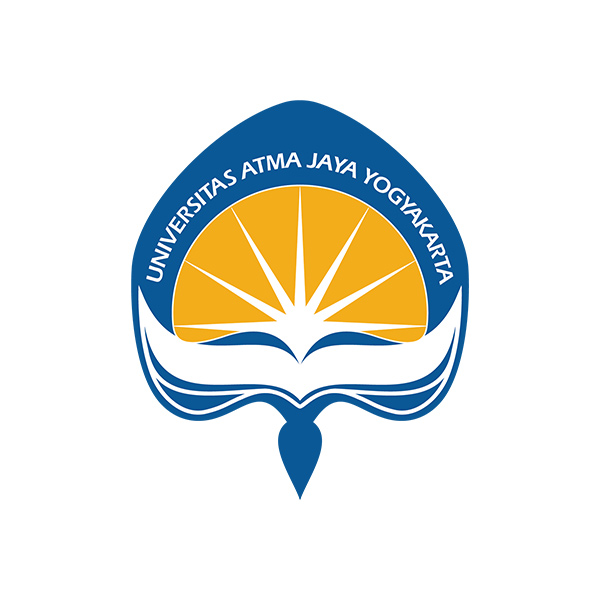
Universitas Atma Jaya Yogyakarta
-
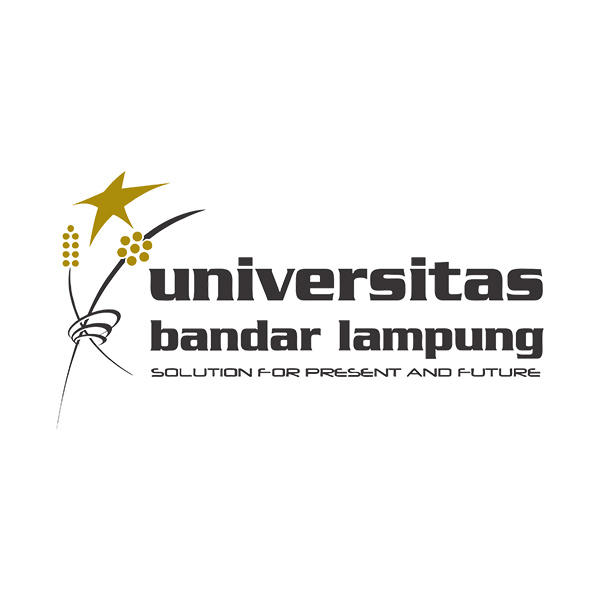
Universitas Bandar Lampung
-

Universitas Brawijaya
-
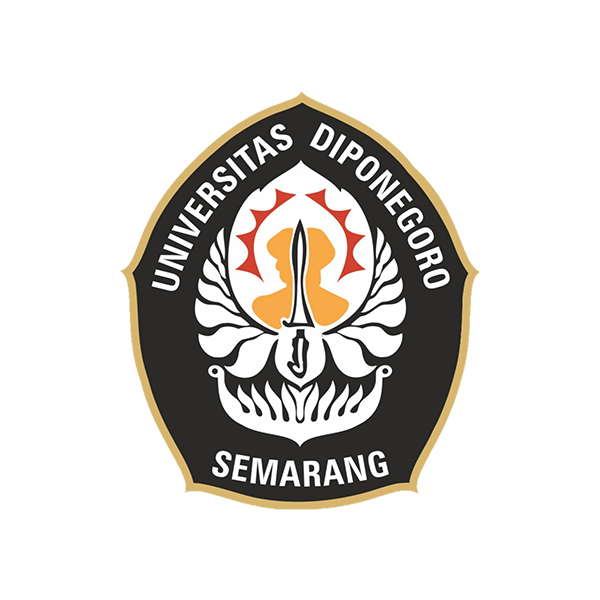
Universitas Diponegoro
-

Universitas Gadjah Mada
-

Universitas Indonesia
-

Universitas Islam Indonesia
-

Universitas Islam Negeri Alauddin
-
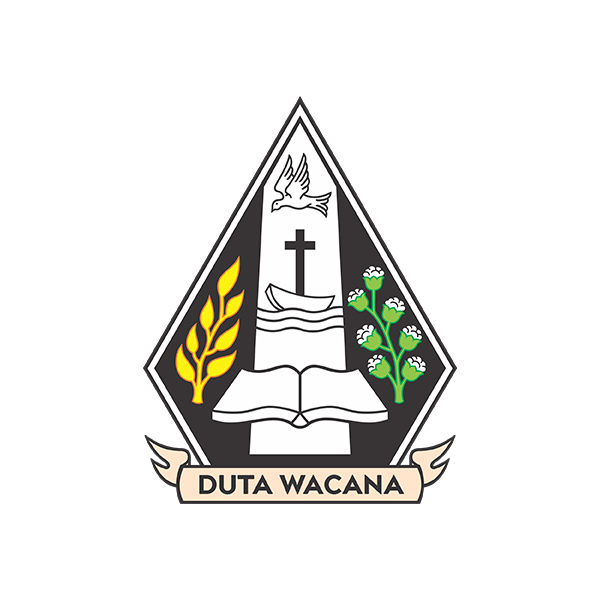
Universitas Kriten Duta Wacana
-
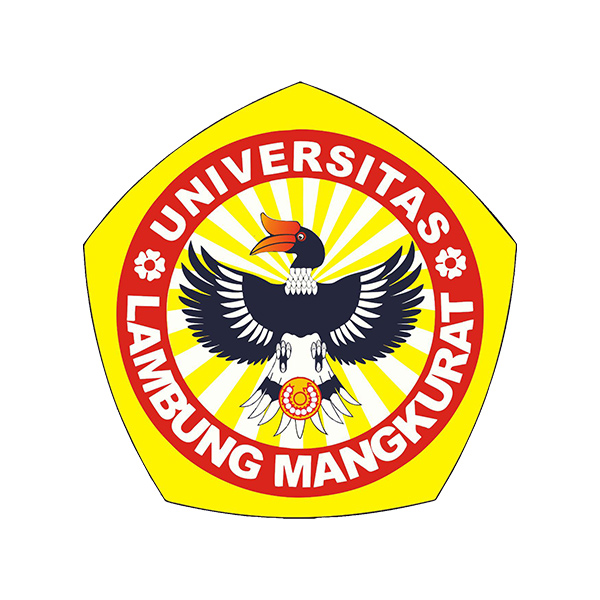
Universitas Lambung Mangkurat
-

Universitas Multimedia Nusantara
-
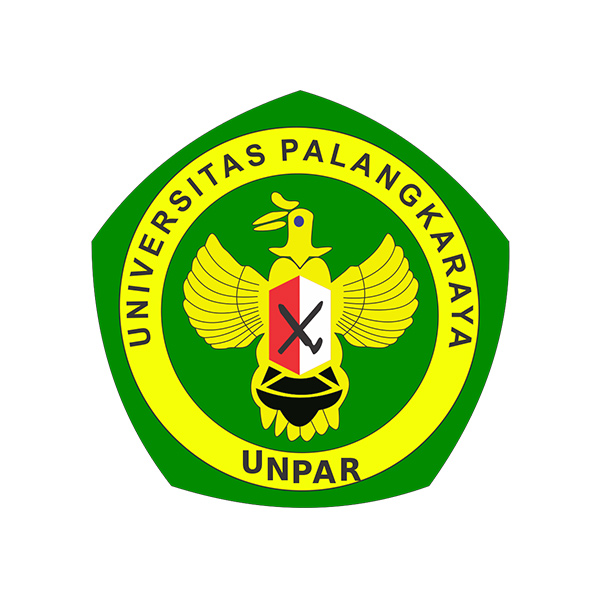
Universitas Palangka Raya
-
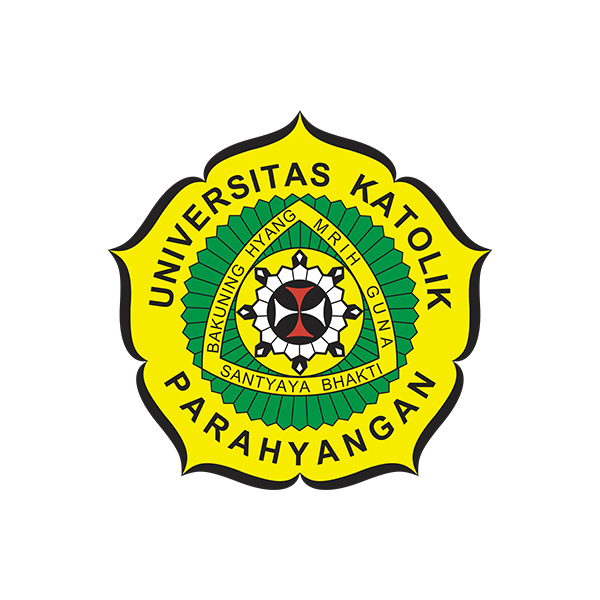
Universitas Parahyangan
-
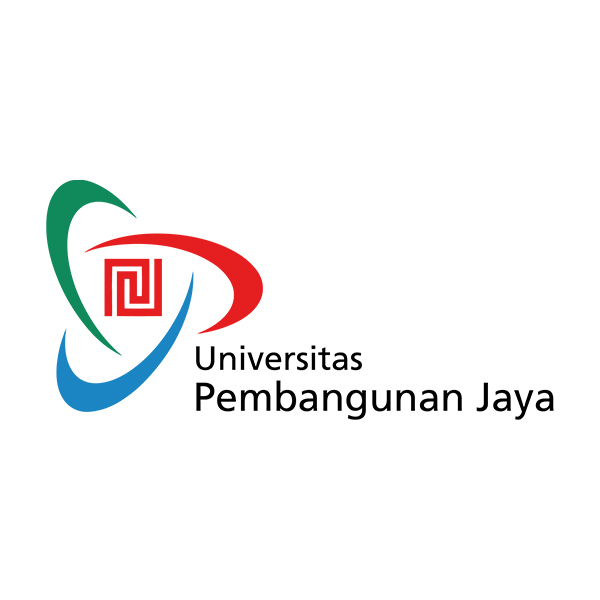
Universitas Pembangunan Jaya
-

Universitas PGRI Semarang
-

Universitas Sam Ratulangi
-

Universitas Sebelas Maret Surakarta
-
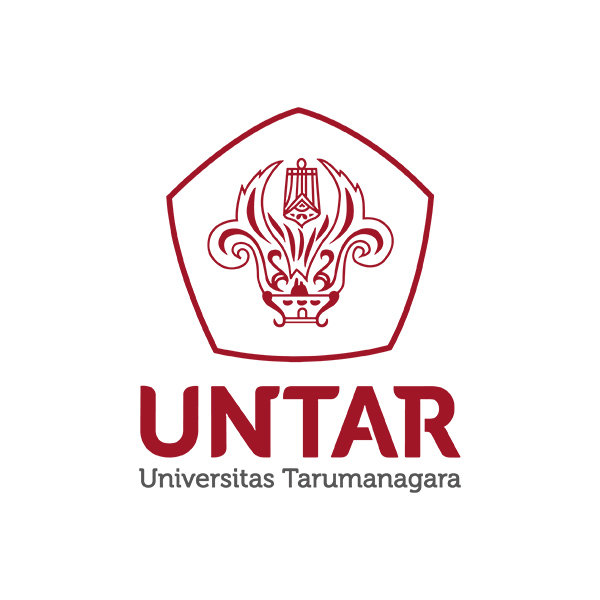
Universitas Tarumanagara
-
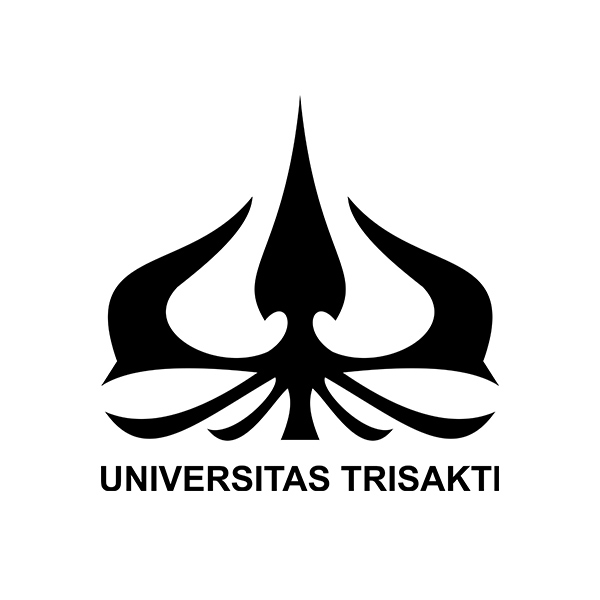
Universitas Trisakti
-

Universitas Widya Kartika
-
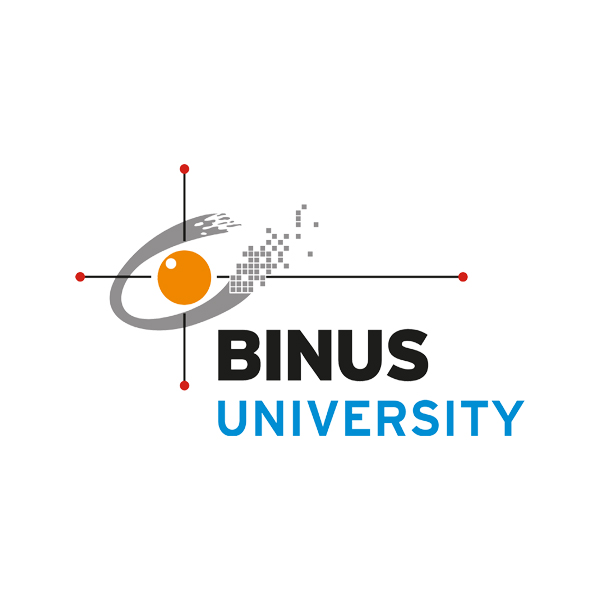
Binus University
-
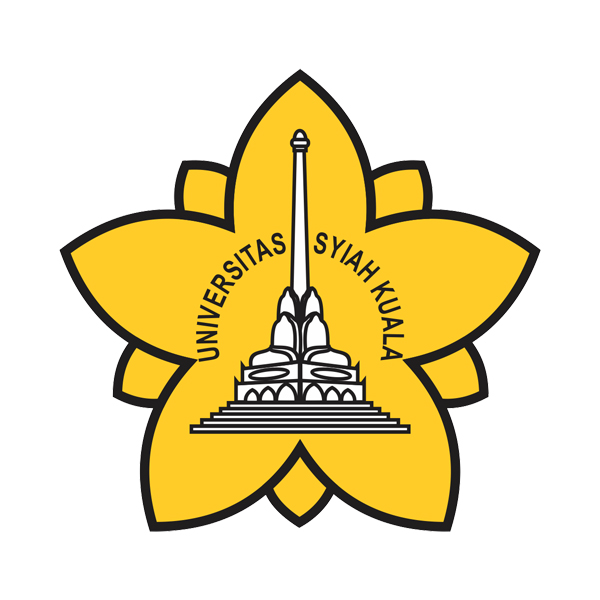
Universitas Syiah Kuala
-
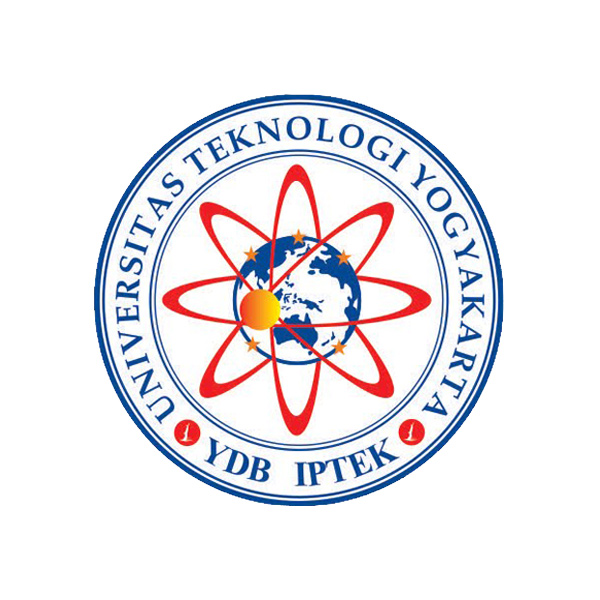
Universitas Teknologi Yogyakarta
-
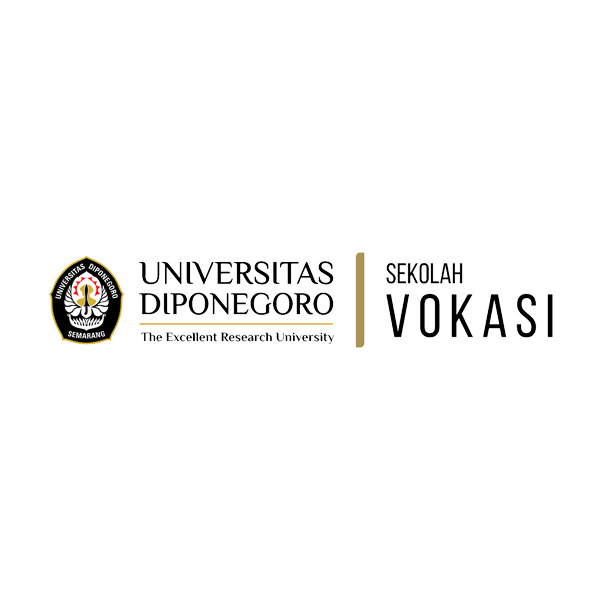
Sekolah Vokasi Universitas Diponegoro
Jordan
-

Al Hussein Technical University
Kenya
-
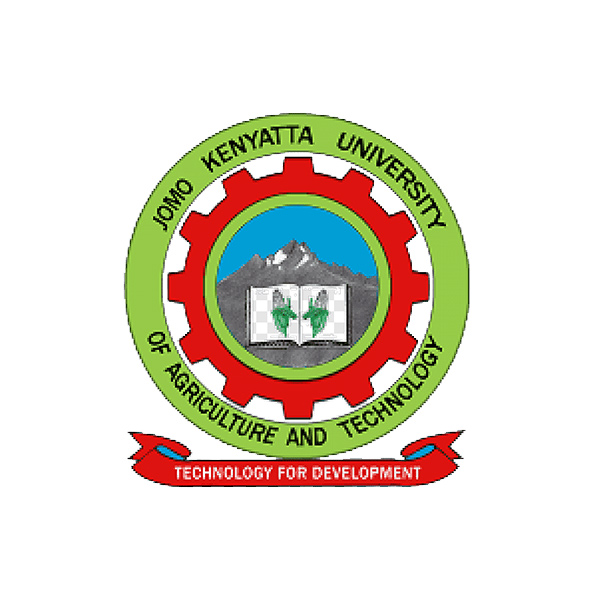
Jomo Kenyatta University Of Agriculture And Technology
-
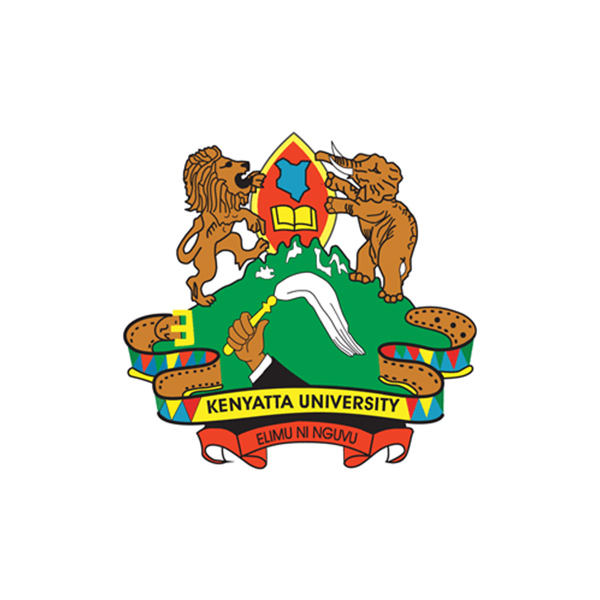
Kenyatta University
-

University of Nairobi
Peru
-
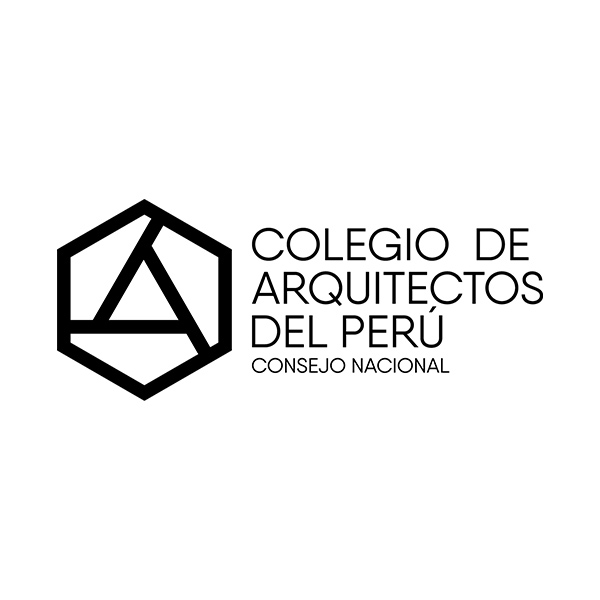
Colegio de Arquitectos del Perú
-
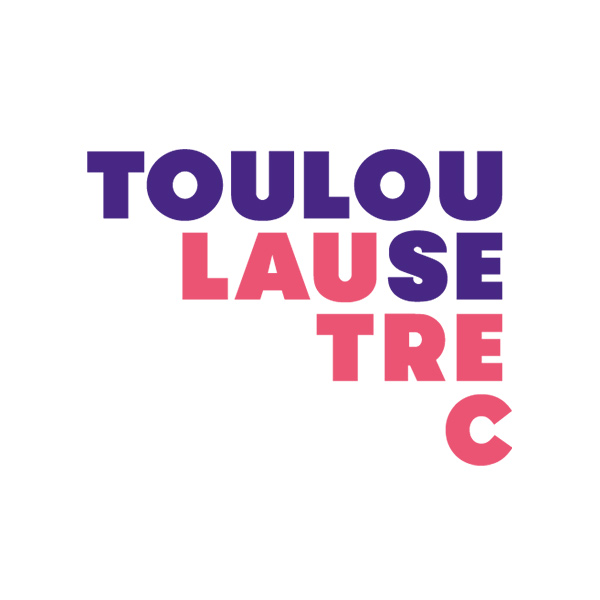
Escuela de Educación Superior Toulouse Lautrec
-
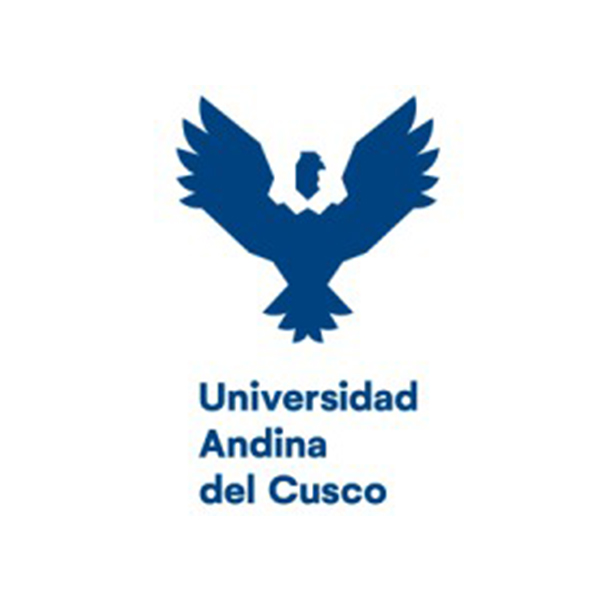
Universidad Andina de Cusco
-

Universidad Católica de Santa María
-

Universidad Científica del Sur
-
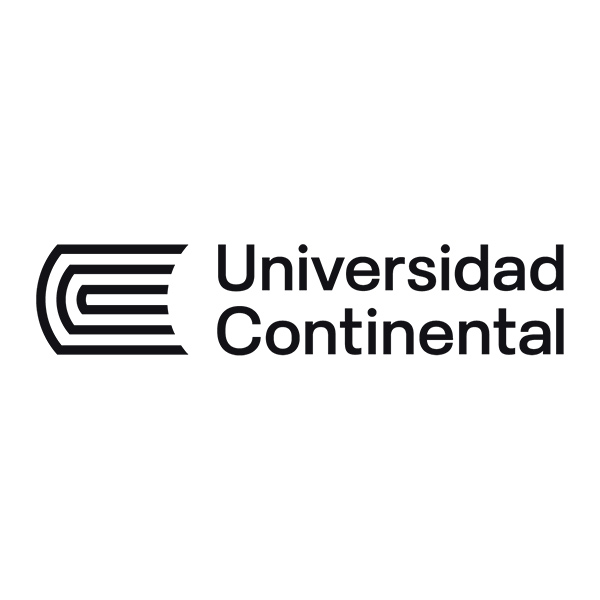
Universidad Continental
-

Universidad de Piura
-

Universidad Nacional de Piura
-

Universidad Nacional de Trujillo
-

Universidad Ricardo Palma
Philippines
-

Adamson University
-

National University
-
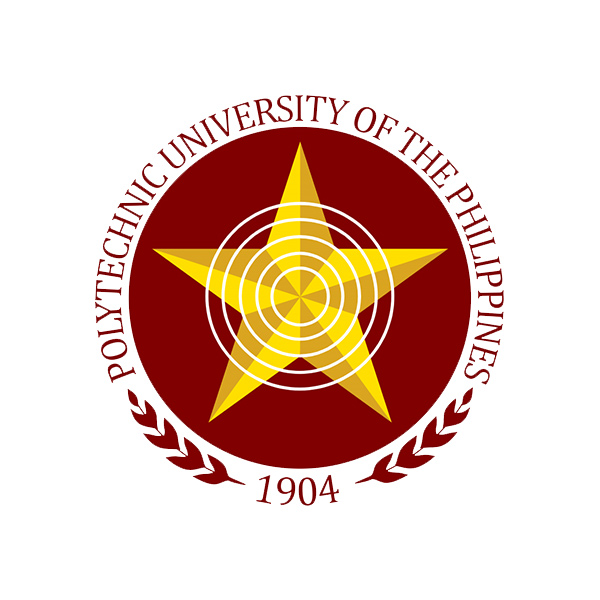
Polytechnic University of the Philippines
South Africa
-

Tshwane University of Technology
Vietnam
-

Hanoi National University of Civil Engineering
-

HCMC University of Technology and Education
-
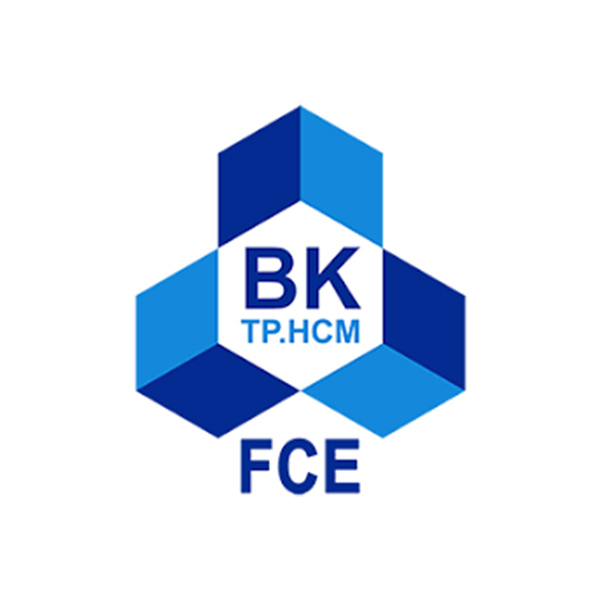
HCMUT – Faculty of Civil Engineering
-

Thu Dau Mot University
-
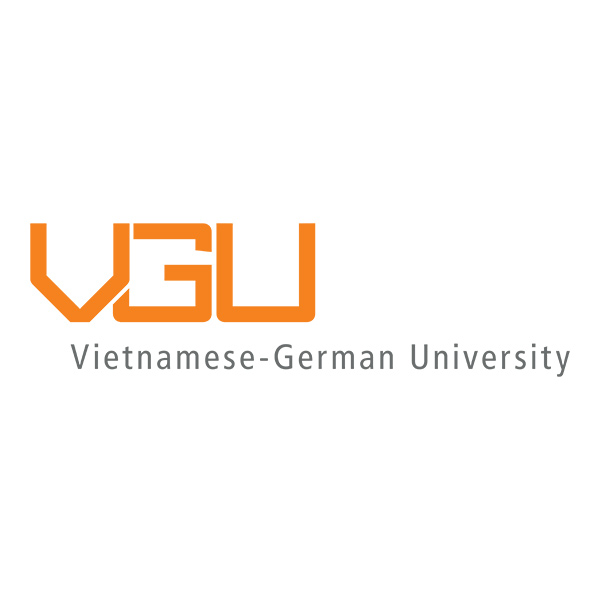
VGU Vietnam German University
DfGE Course is supported by

DfGE online received significant funding from the EU
EDGE is currently funded by the UK Government with original funding by Switzerland’s State Secretariat for Economic Affairs (SECO).
Additional support has been provided by Austria, Canada, Denmark, ESMAP, EU, Finland, GEF, Hungary, Japan and the Netherlands.

Take the Designing for Greater Efficiency course today.


